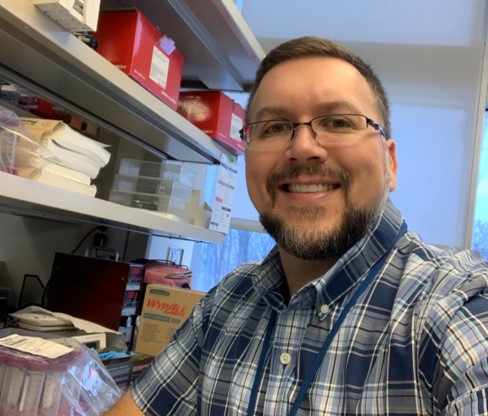
Thomas Slewinski
Bayer Crop Science
|
Thomas Slewinski completed his undergraduate at Penn State University with a B.S. in Biochemistry and Molecular Biology with a focus on mutation breeding in tomato and gesneriads and other ornamental plants. He then returned to Penn State for a Ph.D. in Plant biology focusing on the genetics of carbohydrate partitioning in corn. Prior to joining Monsanto, Tom was a post-doctoral researcher at Cornell University, working on the evolution and physiology of C4 photosynthetic plants as well as the evolution and genetics of phloem loading in trees. Tom began his career at legacy Monsanto in the Emerging Leaders in Science program starting in the Yield and Stress program in 2013. In 2014, Tom moved to Chemistry to work on the mechanisms of RNAi transport in Biodirect and modes of action for herbicide-resistant weeds. In 2015 Tom moved back to the Biotechnology organization to lead the Yield Traits functional team working on implementing the trait-first strategy focusing on the shift to the transgenic short corn product concept and well as supporting the soy crop efficiency concepts. Over the past eight years, Tom has worked to onboard gene editing technology into the commercial pipeline as well as other discovery initiatives for genes for editing as well as novel allele generation. |
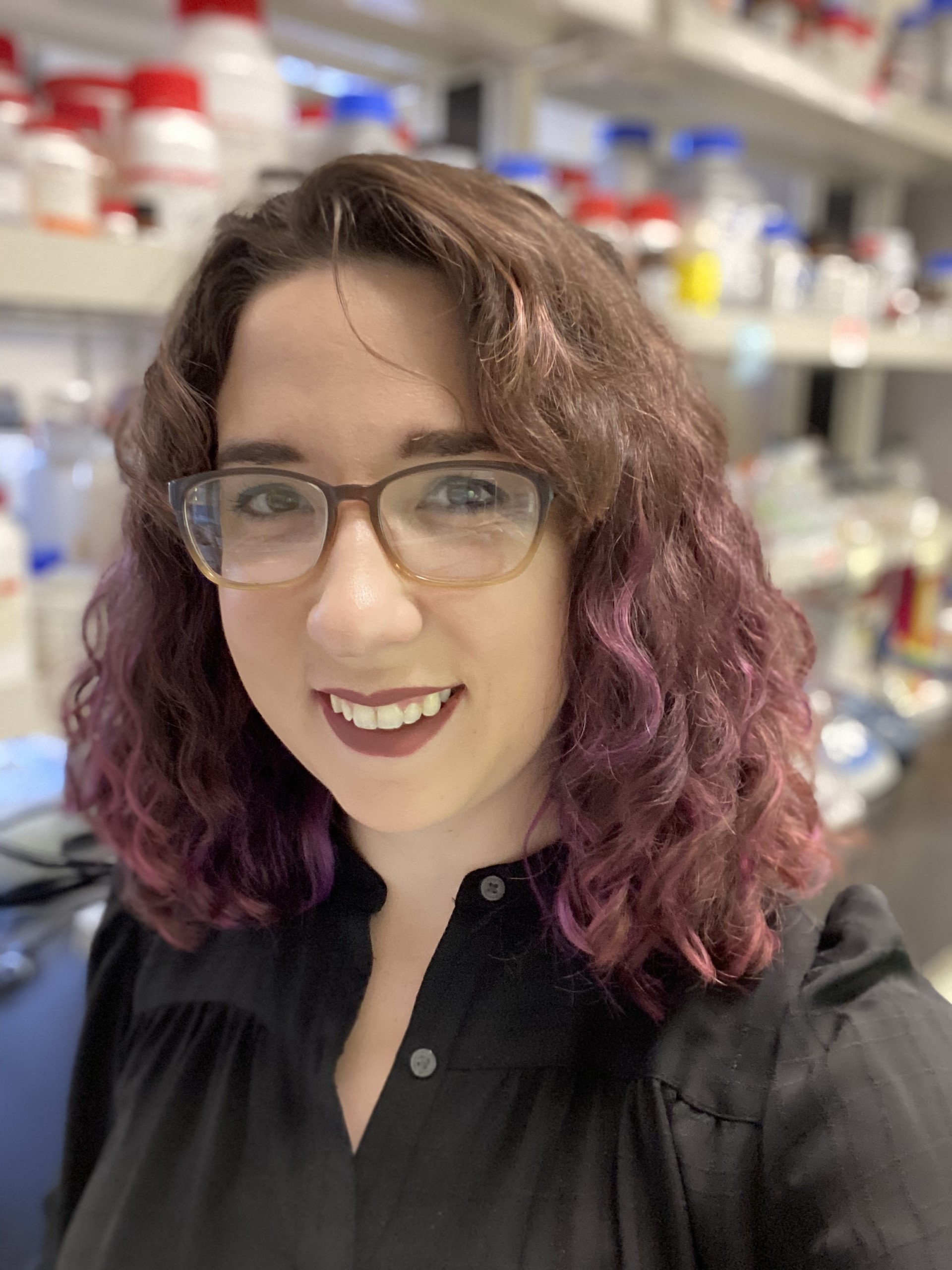 Morgan Carter
UNC Charlotte
|
Morgan Carter is from Advance, NC and has a B.Sc. in Biochemistry from North Carolina State University and a Ph.D. in Plant Pathology from Cornell University. Following her work as a USDA Postdoctoral Fellow at the University of Arizona, she started as an Assistant Professor in January of 2023 at UNC Charlotte in the Department of Biological Sciences. UNC Charlotte is a diverse, urban, public institution that is transitioning from an R2 to R1 Carnegie Classification, and the Department of Biological Sciences has a thriving masters and doctoral graduate program and large undergraduate population. Carter teaches the core undergraduate Genetics course and is developing an elective course in Fungal Biology. The Carter Lab focuses on bacteria that live inside fungi, a surprisingly common and very understudied phenomenon, and has additional ongoing projects in plant pathology, fungal evolution, and bacterial genomics. |
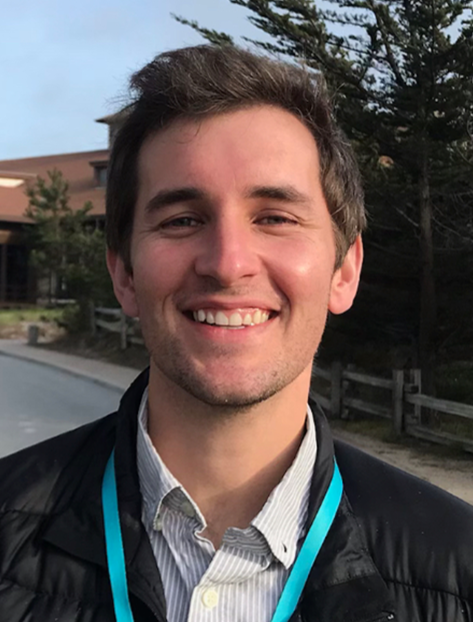
Nathaniel Westrick
The Connecticut Agricultural Experiment Station
| Dr. Nathaniel Westrick received his bachelor’s degree in Environmental Toxicology from UC Davis in 2014 and began is career in plant pathology working as a research specialist focused on fruit viruses at Foundation Plant Services in Davis, CA. Continuing his academic journey, he pursued a PhD in Plant Pathology at the University of Wisconsin – Madison, where he investigated the genetic mechanisms employed by the broad host range fungal pathogen Sclerotinia sclerotiorum to infect dicotyledonous crops. Additionally, he developed CRISPR-based tools to facilitate the transformation of genetically recalcitrant fungi. Following the completion of his PhD in 2022, he worked briefly as a USDA Research Geneticist focused on potato pathology before transitioning to his current position as a Plant Pathologist with the Connecticut Agricultural Experiment Station (CAES). In this position he runs a research program focused on understanding and combatting the fungal pathogens infecting a range of crops throughout the New England area, including strawberries, grapevines, and tobacco.
|
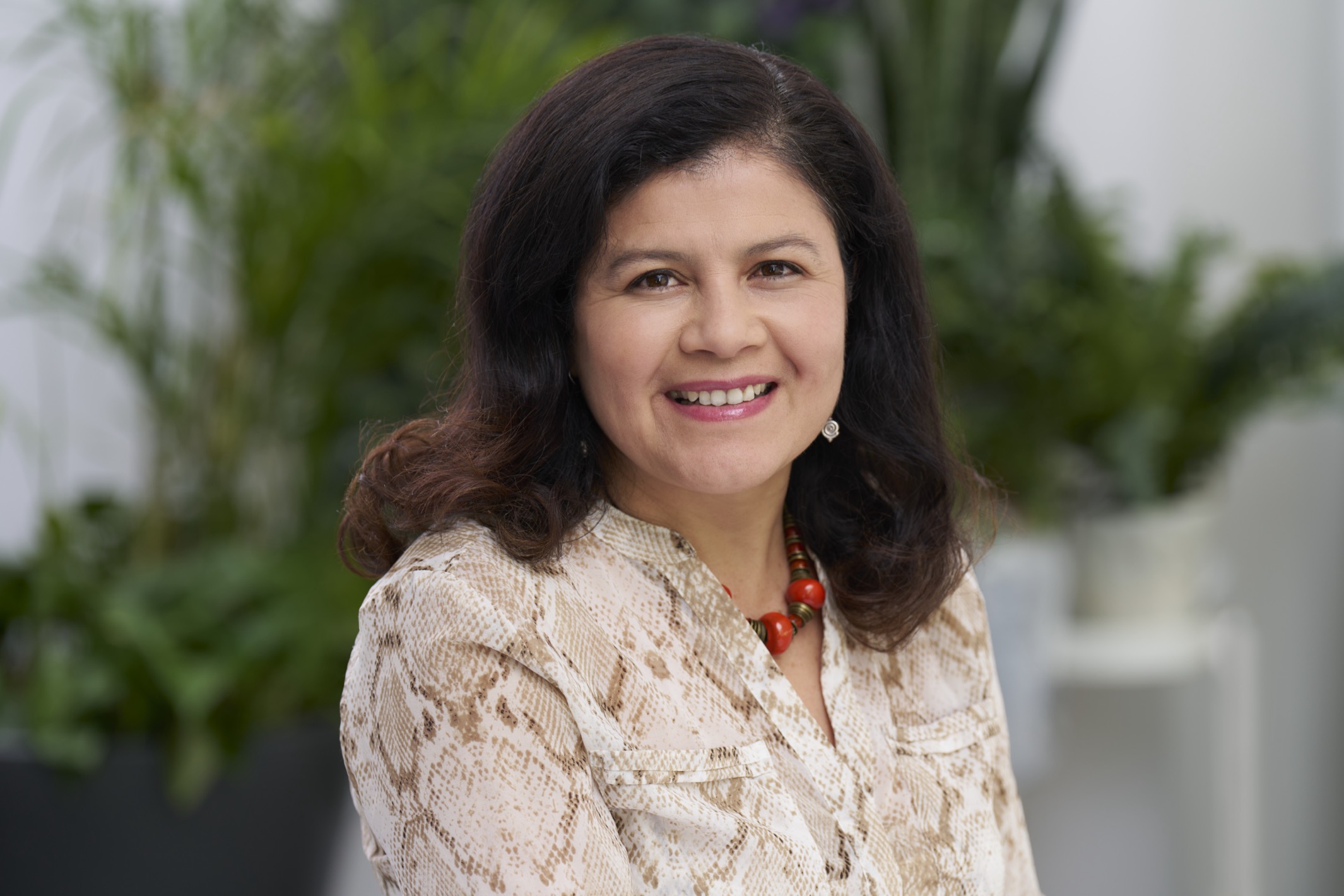
Catherine Espinoza Patharkar
Gates Ag One
| Catherine Espinoza Patharkar manages the investments on the scientific programs RIPE (Realizing Increased Photosynthetic Efficiency), ENSA (Enabling Nutrient Symbioses in Agriculture) and CASS (Cassava Source Sink Project) and coordinates activities to accelerate translation of their discoveries. Before joining Gates Ag One in 2022, Catherine worked as a scientist in gene editing technologies at Benson Hill and CoverCress, and as an assistant professor at Lincoln U. of Missouri, a minority serving institution. As a Peruvian national, she also worked for several years in the CGIAR system, at the International Potato Center leading the efforts of genebank management and safety back up of potato, sweet potato and other roots and tuber crops. She holds a PhD in Plant Genetics from the University of Missouri.
|
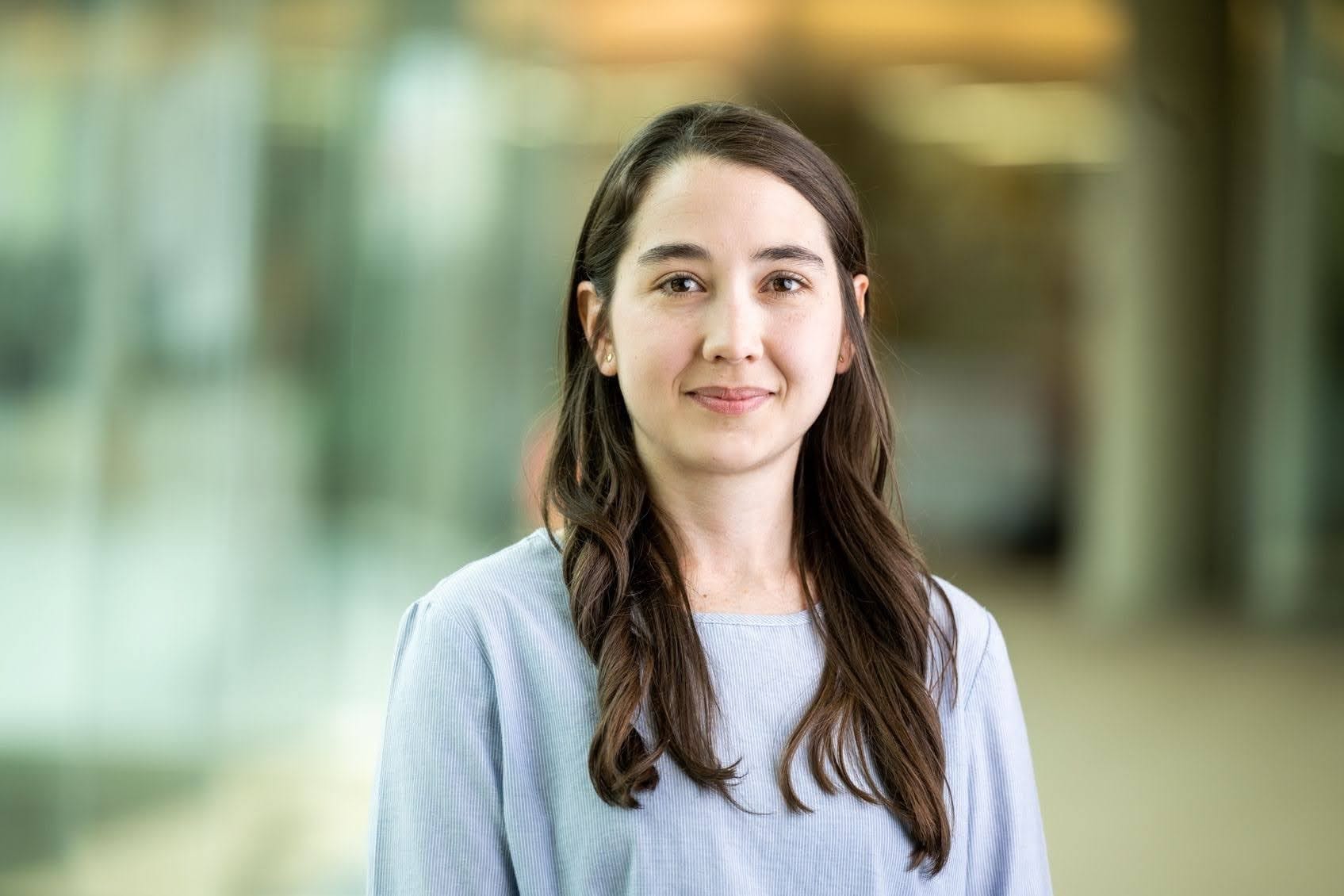
Helena Jarmillo
University of Wisconsin-Madison, Institute for Molecular Virology
| Helena Jarmillo is a virologist specializing in the molecular mechanisms of positive-sense RNA virus replication and protein expression. Helena holds a bachelor's degree in Biological Engineering from Universidad Nacional de Colombia in Medellín, and a Master's degree in Biotechnology from the same university. Her Master's work focused on the identification and characterization of viruses affecting economically important Colombian fruit crops such as passionfruit and cape gooseberry. In 2022, she earned her Ph.D. in Plant Pathology at the University of Wisconsin - Madison, where she worked in the lab of Aurelie Rakotondrafara on deciphering the diverse molecular mechanisms underlying potyvirus protein expression systems. Currently, Helena is a Postdoctoral Research Associate at the Morgridge Institute of Research - John W. & Jeanne M. Rowe Center for Research in Virology, working in Paul Ahlquist’s lab. Here, her research focuses on exploring the formation, function, and regulation of positive-sense RNA viral genome replication complexes, a widely conserved and critical step in the life cycle of all RNA viruses and thus a major target for broad-spectrum viral control.
|
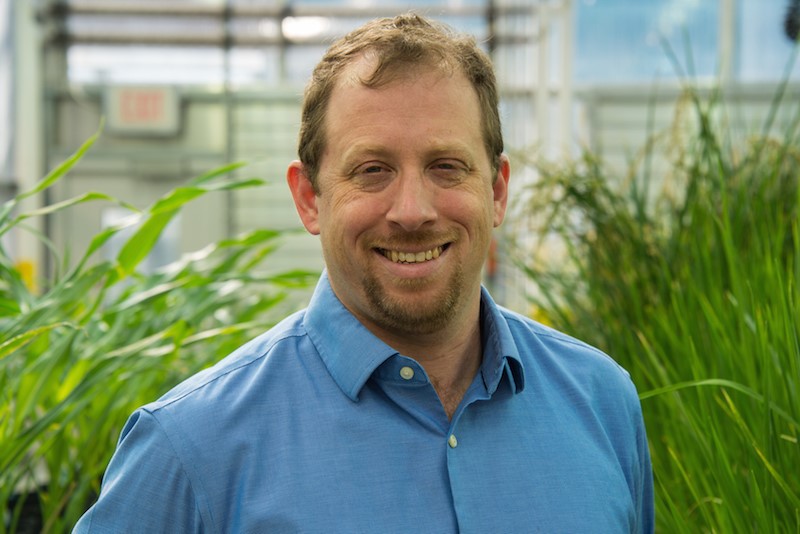
Ivan Baxter
Donald Danforth Plant Science Science Center
| Dr. Ivan Baxter is a Principal Investigator and Member at the Donald Danforth Plant Sciences Center in St. Louis, Missouri. He received a BA in Chemistry from Goucher College and a Ph. D in Molecular and Cellular Structure and Chemistry from The Scripps Research Institute before moving on to a postdoc at Purdue University. Dr. Baxter studies how plants adapt to their abiotic environment using elemental profiling, image based phenotyping, metabolomics, quantitative genetics and bioinformatics. With Liz Haswell, Dr. Baxter has a podcast call The Taproot, which aims to demystify how science works for trainees.
|
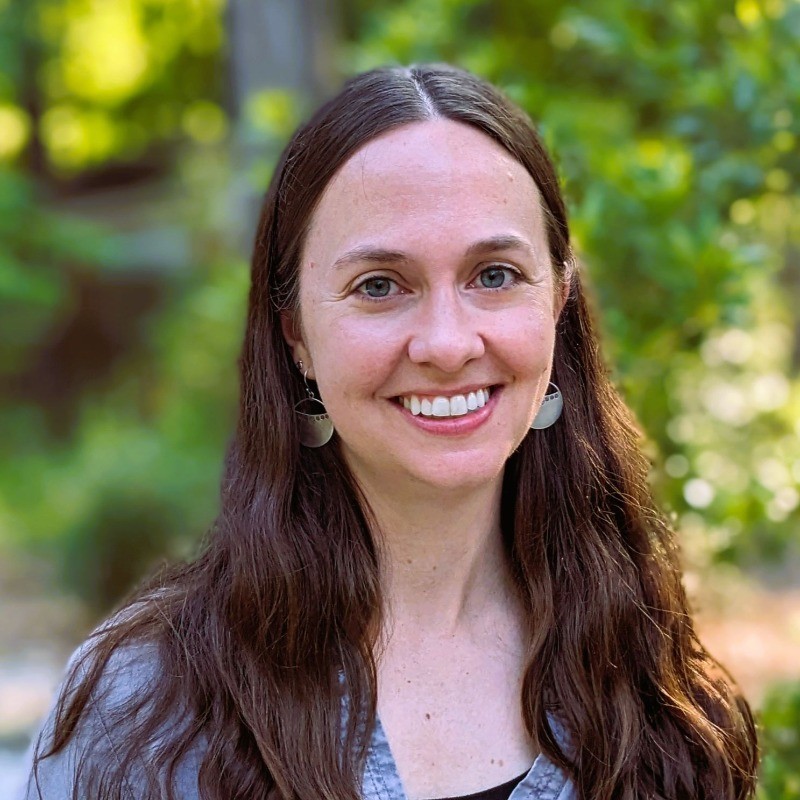
Marisa Miller
Pairwise
| Marisa Miller currently works as a Trait Discovery Scientist at Pairwise, a technology company pioneering the use of CRISPR in food and agriculture. Prior to Pairwise, she did her PhD in Cell and Molecular Biology at UT Austin where she investigated the molecular basis of hybrid vigor in the model plant Arabidopsis thaliana. Subsequently, she did a postdoc in the USDA-ARS Cereal Disease Lab where she was awarded a USDA-NIFA postdoctoral fellowship to work on oat crown rust population genomics. At Pairwise, she leverages her broad expertise in molecular biology, genetics, and plant pathology to apply CRISPR gene editing to improve traits of interest in both row and consumer crops.
|
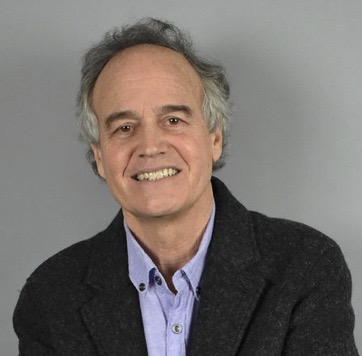
Steve Scofield
Bio Sketch
| Dr. Steve Scofield received his doctorate from Indiana University and was postdoctoral fellow at the Plant Breeding Institute in Cambridge, England and the Sainsbury Lab in Norwich, England. While in England his research focused on developing transposon gene tagging systems for tomato and Arabidopsis. In 1992, he began research into the mechanisms of plant disease resistance, first as a faculty member at the University of California-Davis, and later at the DNA Plant Technology Corporation, Oakland, CA. He was the first to detect the direct interaction of a pathogen effector molecule and a plant disease resistance protein. Dr. Scofield joined the USDA-ARS in 2002 and became an Adjunct Assistant Professor in the Purdue University Agronomy Department and has worked toward improving disease resistance in wheat. To facilitate this work and to accelerate progress in functional genomics research in cereal crops, he developed the first virus-induced gene silencing system for hexaploid wheat and is now working to develop new methods for cereal transformation.
|
